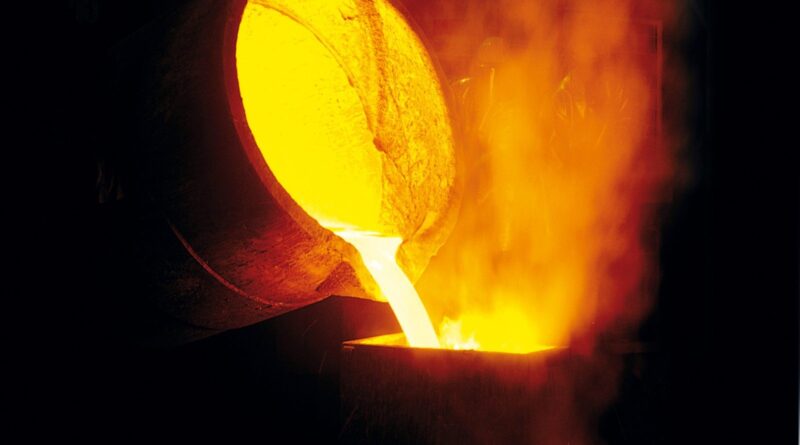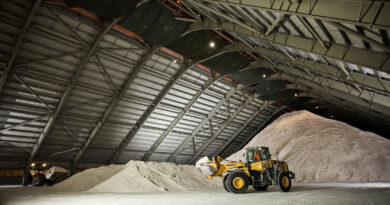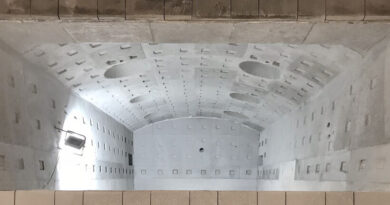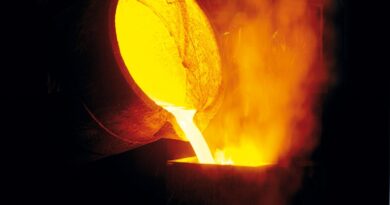Refractory products, the backbone of Industry
There are many unsung heroes in the industrial sector, but none more so than the refractories. Refractories are the materials that line the furnaces, kilns, and reactors of industries such as steelmaking, ceramics and cement production. Without them, these industries would not be able to operate at the high temperatures needed to produce their products.
It’s safe to say that without refractory materials, the industries as we know them would grind to a halt. These materials are essential for a variety of applications, including lining furnaces and other high-temperature equipment. In addition to their thermal properties, refractories also have good chemical resistance and mechanical strength.
While most people don’t give them a second thought, refractories are crucial for keeping factories running smoothly and efficiently.
Without refractories, many things we take for granted in our daily lives would not be possible. Buildings, transportation infrastructure, vehicles, and thousands of other products couldn’t be created without them.
For manufacturers, refractory products provide numerous benefits that ensure safety and profitability.
Refractory products are essential for workplace safety
They provide a barrier between workers and hot materials, protecting them from burns and other injuries. Refractories help prevent fires and explosions by providing a safe working environment.
Refractory products protect against production losses
Production processes can be interrupted without the right refractory materials, resulting in unscheduled maintenance and downtime, costing manufacturers time and money.
Refractory products protect capital investments
Refractories play a critical role in protecting industrial equipment. Refractory products help extend the lifespan of assets by limiting thermal and chemical damage, delivering higher returns on investment.
Refractory products also support the industrial sector’s need to reduce its environmental impact. As the world increasingly turns to innovative solutions to become more sustainable, refractory products are helping manufacturers meet the demand for sustainable practices.
Refractory materials are used as insulation in high-temperature applications, and their thermal efficiency can help industrial plants reduce energy use and lower emissions. In addition, new generations of refractory materials are often made from recycled or waste products, making them a sustainable option for reducing landfill waste.
Without refractories, there would be no industry. As we continue to find new and innovative ways to utilize refractories, it is important to remember the role these unique materials play in supporting all sectors and their impact on our world, now and in the future.




